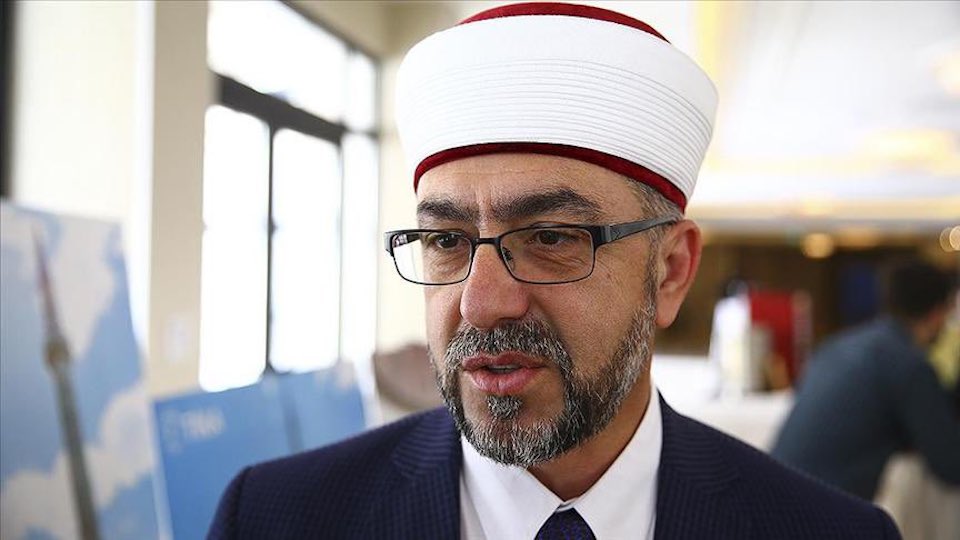Ahmet Mete, controversial ‘mufti’ among Greek Muslims, dies

Ahmet Mete, who was recognized by Turkey but not by Greece as the elected mufti for the Muslim population in the Xanthi region, died Thursday at age 57, his family said.
The family did not discuss the cause of death, but Mete had been suffering from cancer for several years.
Turkish President Recep Tayyip Erdogan tweeted, in Turkish: “I wish God’s mercy on Ahmet Mete Hocaefendi, the Elected Mufti of Xanthi. I convey my condolences to the family [and] loved ones of our deceased teacher and to all my brothers and sisters living in Western Thrace.”
A mufti is a religious official adjudicating on matters of Islamic law. In Greece, the Muslim community is governed by sharia law on matters of civil law, especially family and succession law, but not criminal law. Sharia has primacy even over EU civil law.
Under the 1923 Treaty of Lausanne, the Greek state is responsible for enforcing sharia in the Muslim minority and appoints the muftis. But in a play for influence, Turkey has encouraged Greek Muslims to elect their own muftis in the regional units of Xanthi and Rodopi.
Greece does not recognize the elected muftis and often takes them to court for “impersonating a public official.”
Mete, who was born in Xanthi and educated in Turkey and Saudi Arabia, was elected mufti for the region upon the death of the previous one in 2006 by just over 9,500 faithful attending prayer services. He was prosecuted for actions like officiating over a funeral for a second time following the state-appointed mufti.
The Muslim minority in Greece’s Thrace province numbers an estimated 117,000 people, or about 32% of the population. Muslims are 43% of the population in Xanthi.
The Muslim minority is multiethnic, made up of Turks, Bulgarian-speaking Pomaks and Roma, and all were long discriminated against by the Greek state, including restricting movement. But Greece abolished discriminatory legislation in the 1980s and 1990s and started emphasizing the Muslim minority’s multiethnic makeup.
Among the Greek Muslims, acceptance or rejection of the official or elected muftis is seen as a sign of loyalty to either Greece or Turkey. [AP]





